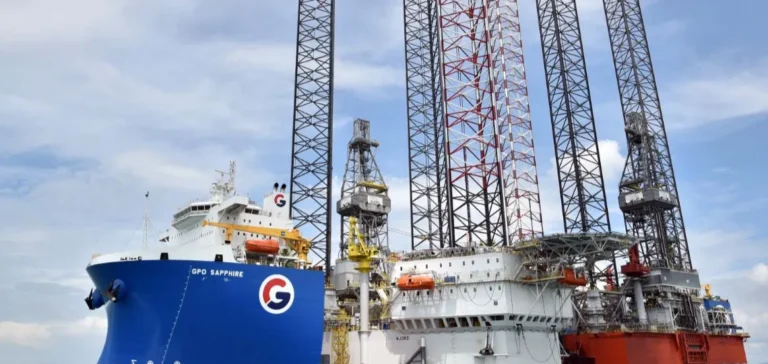Borr Drilling announces the termination of two drilling contracts concerning the self-elevating units Odin and Hild in Mexico. The decision follows the implementation of international sanctions targeting a counterparty linked to the agreements. The original firm periods ran until November 2025 for Odin and March 2026 for Hild. The company states it maintains a strict compliance policy with applicable legal frameworks governing sanctions.
Operational scope and contracts’ nature
The terminations concern two jack-up units assigned to operations in Mexico. The contractual terms included firm operating periods with performance and availability obligations customary for these services. The contracts are ceased following the enforcement of sanctions targeting a counterparty identified in the contractual chain. The disclosed elements confirm the early end of commitments on the two rigs.
Available details establish that Odin and Hild were covered by firm commitments with distinct expiries. The termination halts the bilateral obligations tied to these specific contracts. The trigger is explicitly linked to the recent application of international sanctions. No other company contract is indicated within the scope of the announced terminations.
Compliance framework and sanctions application
The company reiterates its adherence to international frameworks governing sanctions. The official communication states that the counterparty affected by the measures is the direct cause of the termination. Compliance with these frameworks requires stopping services when continuing a contract would be incompatible with legal requirements. The group highlights governance and compliance standards presented as strict and aligned with international obligations.
The reference to international sanctions designates legal instruments applicable to certain entities or transactions. In this context, identifying an affected counterparty leads to interrupting contractual flows governed by these rules. The information disclosed explicitly links the decision to this regulatory development. No further detail is provided on the precise nature of the measure or on the specifically targeted entity.
Contract timelines and scope of the announcement
The initially indicated firm periods set the remaining duration of the two rigs at different horizons. The termination adjusts these horizons by ending the previously scheduled obligations. The information confirms the limited scope of the announcement to these two units. The scope is confined to the identified contracts without extension to other assets or areas.
The company specifies that the decision falls within an ongoing compliance framework. This point clarifies the consistency between the termination and the requirement to respect measures imposed by applicable sanction regimes. The statement does not mention any transitional negotiation or derogation mechanism. The disclosed data are limited to the termination, the rigs involved, the regulatory cause, and the original deadlines.






















